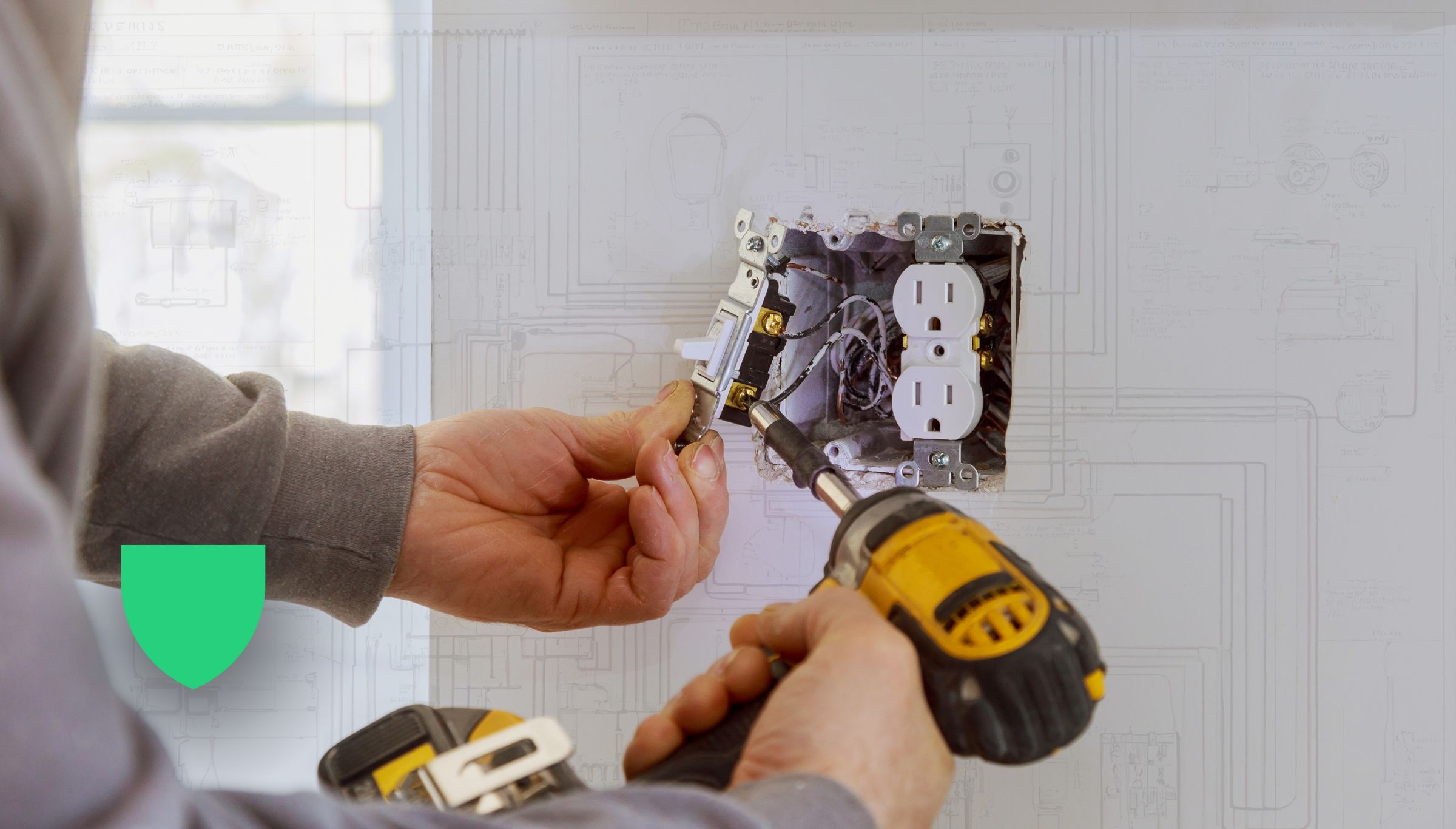When you own or rent the place you call home, it is incredibly important to get property insurance. In some cases, you're legally required to have insurance to be able to get a mortgage or sign a lease. Even if you're not technically required to have a property insurance policy, it's still in your best interest to get property insurance that at the very least gives you liability protection.
Property insurance has a range of available coverage. It can cover the contents of the home, cover the costs of a temporary replacement if your house becomes unusable, financially protect you in the event of a total loss, and a plethora of other coverage. While those other coverages are important, your liability coverage may be the single most important coverage that comes with property insurance. This article will cover what liability coverage is and what it extends to.
What is Liability Coverage on Property Insurance?
Liability coverage in property insurance offers essential protection for the policyholder in the event they are held legally responsible for causing harm or damage to someone else's property. This coverage focuses on the potential consequences of your actions, rather than protecting your own property.
This will cover the damages for bodily harm or property damage that occurs on or off the property. This type of coverage is sometimes referred to as "slip and fall" insurance due to the commonness of that type of claim.
.jpg?width=750&height=375&name=Home-insurance-to-cover-slip-and-fall-claims%20(1).jpg)
Who Is Covered Under My Property Insurance Liability?
Your property insurance liability coverage extends to all the resident members of the household. This includes, but is not necessarily limited to:
- You
- Spouse or significant other
- Children
- Other resident members
- Pets
If your household has a single family consisting of two adults, two children, a cat, and a dog, then all of these members would be covered under your property insurance liability coverage. Temporary guests and tenants would not be covered under the property's liability coverage and would need their own liability protection. If you're not sure if everyone in your household has the coverage they need, talk to your broker or agent for clarification.
Does Liability Coverage Extend to My Kids?
Yes. When your children live with you, the property insurance liability protection extends to your children. You may wonder why a child might require liability protection. After all, they are just children and are unlikely to be sued.
A real-life example of this is the 2018 incident where a child accidentally knocked over a $132,000 sculpture of Aphrodite from a Kansas City display. The parents of the child were informed the sculpture was irreparable and they were given a bill for the $132,000 damages. In this case, the home insurance of the parents would have covered the cost of the damages. An advantage of most home insurance plans is that this coverage extends to nearly everywhere in the world.
.jpg?width=750&height=375&name=Liability-coverage-protects-you-and-your-children-in-law-suits%20(1).jpg)
Does Liability Coverage Extend to My Pets?
Depending on the situation, it may. If your pet causes damage to someone else's property or causes bodily harm to another, then your liability coverage may cover the damages. For a standard cat or dog, these coverages are more common.
Limits to Pet Liability Coverage
Depending on your insurance provider, your type of pet, and your incident history, your insurance coverage may not extend to your pet. Some examples of when insurance may not cover pet liability include:
- Some exotic pets
- Pets with a violent history
- Breed of dog or cat
- A large number of pets
Depending on your insuring company, there may be limiting factors to your property insurance's pet liability coverage. It is always a good idea to consult with your agent or broker about what kind of coverage options you have available based on your unique situation.
Does Liability Cover My Property If it Causes Damages?
Depending on what the property is, some form of liability will cover the damages. If you have an item that has its own insurable risks, it would be that item's insurance policy that would cover the damages. Some examples of personal property that would need their own liability coverage include:
- Cars and trucks
- Motorcycles
- Boats
- Trailers
- ATV's and UTV's
- Etc.
Here are a few examples to clarify when your property insurance might kick in. Imagine you're spending your weekend putting up Christmas lights on the front of your house. Meanwhile, your neighbour has pulled their vintage Ford Mustang out of the garage to do some final cleaning in the garage before storing the car for winter. Before you can get onto the roof, a large gust of wind knocks over your ladder and it falls directly onto your neighbour's Mustang.
Since it was your property that damaged their property, and the ladder itself was not insurable, your home insurance policy would cover the cost of the damages done to your neighbour's property.
.jpg?width=750&height=375&name=Liability-coverage-for-when-you-fall-down-and-break-a-car%20(1).jpg)
In a different scenario, imagine you were storing an ATV in your garage and you had pulled it out onto your driveway to make more room. The parking brake on the ATV was not fully engaged and it begins to slowly roll down the driveway and down the hill in front of your house. Before anyone even notices, the rogue ATV has picked up speed and has crashed right through your neighbour's fence down the hill from you.
Since the item that caused the property damage has its own insurable policy, it would be the ATV's liability coverage that would cover the damages.

How Much Liability Do I Need on My Property Insurance?
At Armour Insurance, we recommend a minimum of $2 million in liability coverage for all policies. With the way personal injury law claims have been trending, a number of claims in Alberta have resulted in over $1 million in damages for a liability claim. If you were to only carry $1 million in liability coverage and were sued for $1.25 million in damages and lost, your insurance would cover the first $1 million in damages and you'd be personally responsible for the other $250,000. For this reason, it is recommended to carry no less than $2 million in liability coverage.
Conclusion
If you're looking for the right coverage on your property and you want to speak with an expert, talk to an Armour Insurance broker. Get a free no-obligation quote from our team of insurance experts.
or








